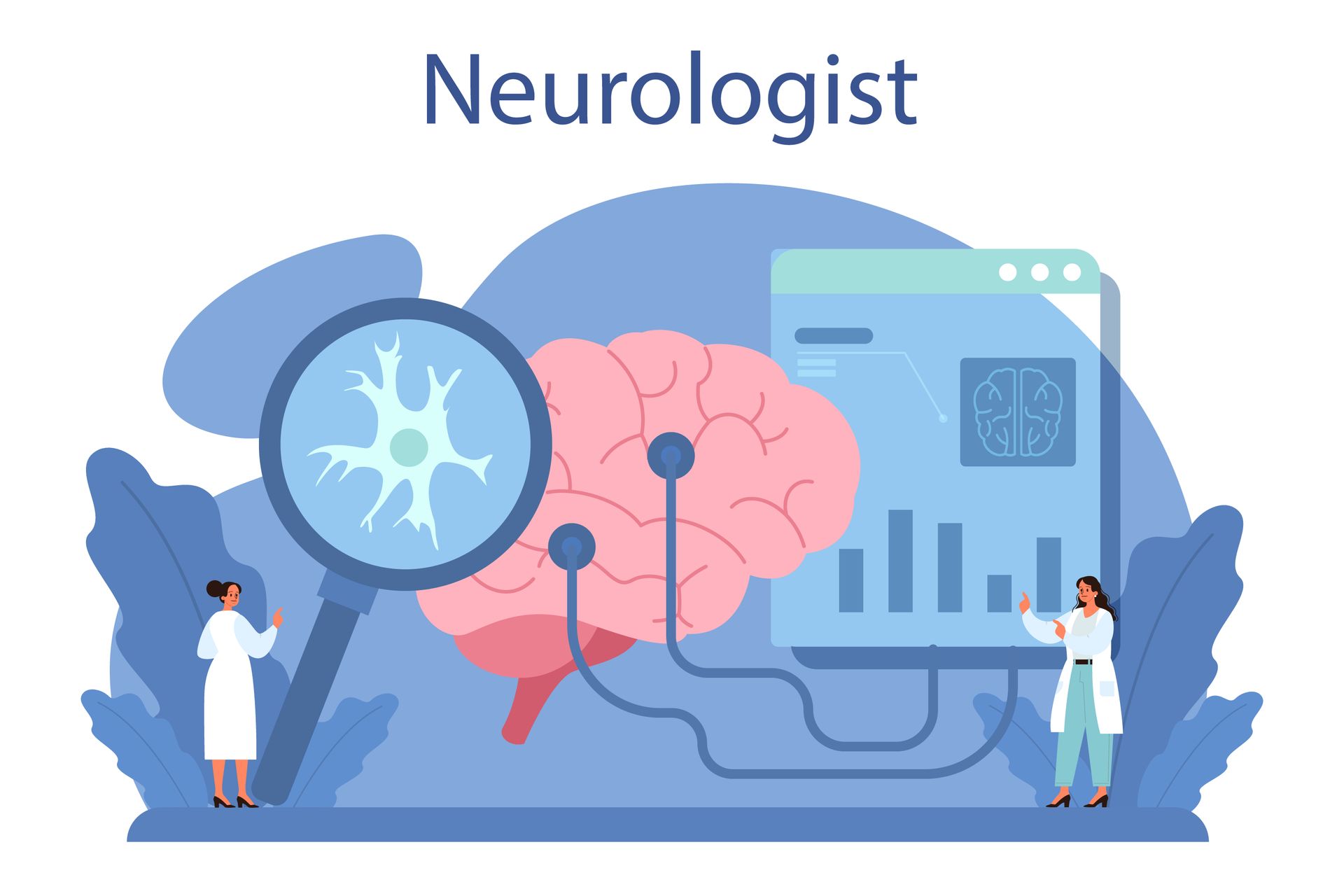The Role of Functional Neurology in Managing Neurological Disorders
Role of Functional Neurology in Managing Neurological Disorders
Introduction:
Neurological disorders pose complex challenges, affecting millions worldwide. From Parkinson's disease to traumatic brain injuries, these conditions impact not just individuals but their families and communities. While traditional approaches often focus on symptom management, a growing field offers promising avenues for holistic treatment: functional neurology. In this article, we explore the role of functional neurology in managing neurological disorders, examining its principles, techniques, and potential benefits.
Understanding Functional Neurology:
Functional neurology operates on the principle that the brain's health and function are influenced by various factors, including nutrition, movement, and sensory input. Unlike conventional neurology, which primarily addresses structural abnormalities or diseases, functional neurology takes a broader view, emphasizing the brain's adaptability and potential for improvement.

Key Principles:
Neuroplasticity:
The brain's ability to reorganize and adapt in response to experiences, injury, or environmental changes is central to functional neurology. By stimulating specific neural pathways through targeted interventions, practitioners aim to enhance neuroplasticity and promote recovery.
Integration: Functional neurology recognizes the interconnectedness of different brain regions and systems. It seeks to optimize communication between these areas to restore balance and function, often employing multifaceted approaches that target both cognitive and motor functions.
Individualization: No two brains are alike, and effective treatment requires personalized strategies tailored to each patient's unique needs and challenges. Functional neurologists conduct thorough assessments to identify underlying dysfunctions and design customized protocols for rehabilitation.
Techniques and Modalities:
Functional neurology encompasses a diverse range of techniques and modalities, including:
Vestibular rehabilitation: Targeting the inner ear's balance system to improve coordination and spatial awareness.
Visual therapy: Using exercises to enhance eye movements, focus, and visual processing.
Proprioceptive training: Strengthening proprioception, the body's sense of position and movement, through specialized exercises and sensory stimulation.
Cognitive exercises: Engaging cognitive functions such as memory, attention, and executive function to promote brain health and resilience.
Nutritional interventions: Addressing deficiencies or imbalances that may contribute to neurological dysfunction through dietary modifications and supplements.
Benefits of Functional Neurology:
Improved Functionality:
By addressing underlying neurological imbalances and enhancing neuroplasticity, functional neurology can lead to noticeable improvements in motor skills, cognition, and overall quality of life.
Enhanced Performance: Athletes and individuals seeking peak performance can benefit from functional neurology's focus on optimizing brain function and coordination.
Chronic Condition Management: Functional neurology offers hope for individuals with chronic neurological conditions by providing alternative approaches that complement conventional treatments and promote long-term symptom management.
Prevention and Wellness: Beyond treating existing conditions, functional neurology emphasizes proactive strategies for brain health and resilience, potentially reducing the risk of age-related cognitive decline and neurodegenerative diseases.

Case Study:
Consider the case of Sarah, a 45-year-old woman diagnosed with multiple sclerosis (MS). Despite conventional treatments, Sarah continued to experience debilitating fatigue, muscle weakness, and cognitive fog. Seeking alternative options, she consulted a functional neurologist who developed a comprehensive treatment plan incorporating vestibular rehabilitation, visual therapy, and nutritional support. Over several months, Sarah experienced significant improvements in her energy levels, balance, and mental clarity, enabling her to regain independence and resume activities she once thought impossible.
Conclusion:
Functional neurology represents a paradigm shift in the management of neurological disorders, emphasizing the brain's inherent capacity for adaptation and healing. By integrating principles of neuroplasticity, individualization, and holistic care, functional neurology offers hope and new possibilities for those living with neurological conditions. As research continues to uncover the complexities of the brain, functional neurology stands at the forefront, unlocking the potential for transformation and empowerment in the realm of neurological health and wellness.





